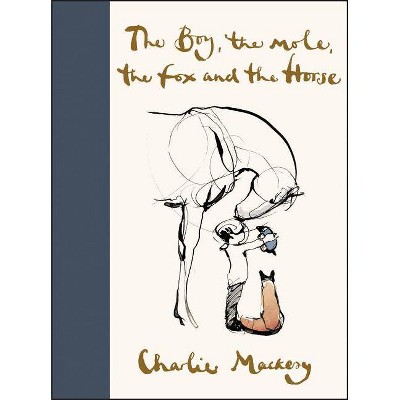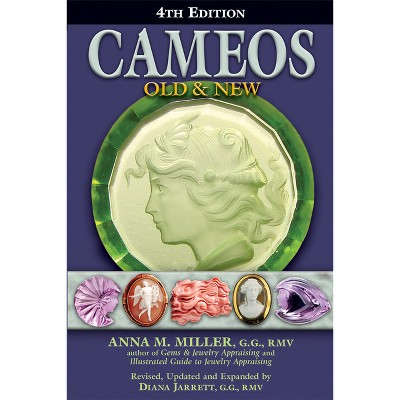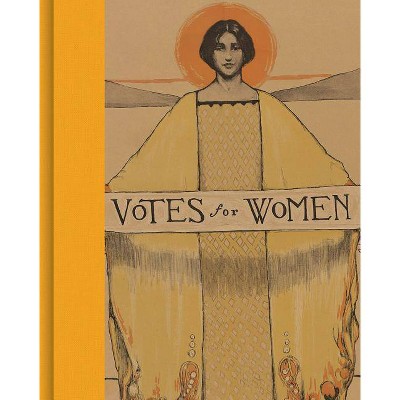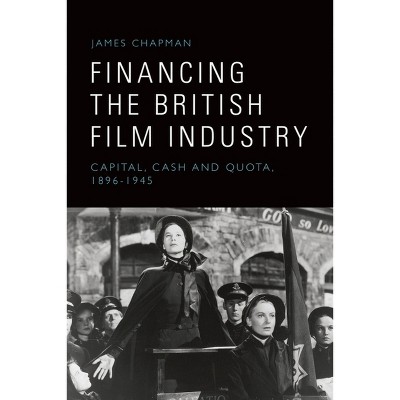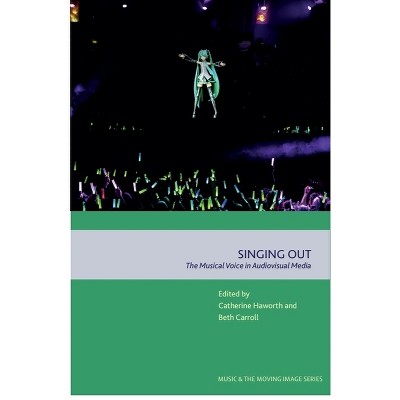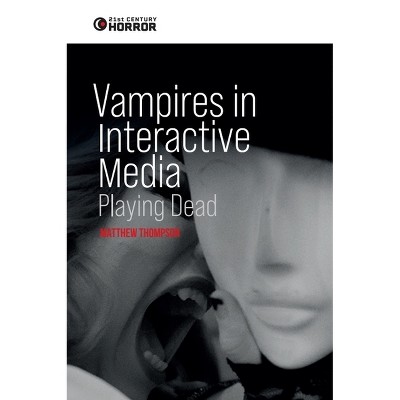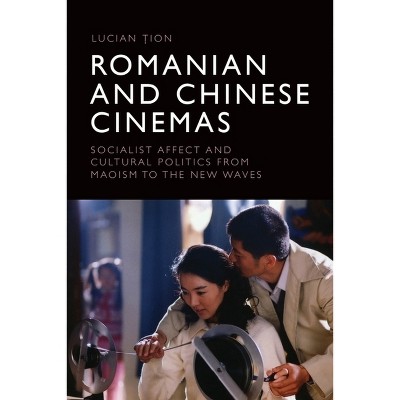Sponsored

The Great War on the Small Screen - by Emma Hanna (Hardcover)
In Stock
Sponsored
About this item
Highlights
- In Britain since the 1960s television has been the most influential medium of popular culture.
- About the Author: Emma Hanna is Lecturer in History at the University of Greenwich, London.
- 200 Pages
- Performing Arts, Film
Description
About the Book
Explores the relationship between the factual history of the First World War and its popular memory.Book Synopsis
In Britain since the 1960s television has been the most influential medium of popular culture. Television is also the site where the Western Front of popular culture clashes with the Western Front of history. This book examines the ways in which those involved in the production of historical documentaries for this most influential media have struggled to communicate the stories of the First World War to British audiences. Documents in the BBC Written Archives Centre at Caversham, Berkshire, the Imperial War Museum, and the Liddell Hart Centre for Military Archives all inform the analysis. Interviews and correspondence with television producers, scriptwriters and production crew, as well as two First World War veterans who appeared in several recent documentaries provide new insights for the reader.Emma Hanna takes the reader behind the scenes of the making of the most influential documentaries from the landmark epic series The Great War (BBC, 1964) up to more recent controversial productions such as The Trench (BBC, 2002) and Not Forgotten: The Men Who Wouldn't Fight (BBC, 2008). By examining the production, broadcast and reception of a number of British television documentaries this book examines the difficult relationship between the war's history and its popular memory.From the Back Cover
In Britain since the 1960s television has been the most influential medium of popular culture. Television is also the site where the Western Front of popular culture clashes with the Western Front of history.
This book examines the ways in which those involved in the production of historical documentaries for this most influential media have struggled to communicate the stories of the First World War to British audiences. Documents in the BBC Written Archives Centre at Caversham, Berkshire, the Imperial War Museum, and the Liddell Hart Centre for Military Archives all inform the analysis. Interviews and correspondence with television producers, scriptwriters and production crew, as well as two First World War veterans who appeared in several recent documentaries provide new insights for the reader.
Emma Hanna takes the reader behind the scenes of the making of the most influential documentaries from the landmark epic series The Great War (BBC, 1964) up to more recent controversial productions such as The Trench (BBC, 2002) and Not Forgotten: The Men Who Wouldn't Fight (BBC, 2008). By examining the production, broadcast and reception of a number of British television documentaries this book examines the difficult relationship between the war's history and its popular memory.
Review Quotes
Emma Hanna has written a succinct, thoroughly researched book on the influence of television on modern attitudes about the Great War. The author surveys and contextualizes a broad number of television programs.--Mark Celinscak, York University "The Southwest Journal of Cultures"
The author's thorough and detailed research is of high quality and the writing fluid and engaging.--Wendy Burke, York St John University "Historical Journal of Film, Radio and Television"
The timeliness of this volume is particularly apt as it appears to be the firstpublication to deal systematically with the huge variety of representations of the war on television. Hanna courageously tackles a broad sweep of programmes, including the new form of 'reality' television as well as more traditional forms such as documentary and drama.--Jessica Meyer "Twentieth Century British History"
This is a valuable work that will be of interest to cultural and military historians of the Great War as well as to television scholars.--James Chapman, Universit of Leicester "Journal of British Cinema and Television"
An original and insightful overview of a very important subject.--Steve Humphries, Testimony Films
The Great War continues to move us, now nearly a century after its outbreak. Television history is one reason why this is so. Its reach is unmatched, as is its capacity to tell stories of war, both comic and tragic, through visual narratives of hardship, heroism, and sacrifice. These narratives still resonate in millions of British households. This book presents the history of this popular form of British remembrance, and helps explain why, even though Harry Patch, the last living British veteran, has passed away, the Lost Generation remains with us still.--Jay Winter, Yale University, Author of 'Sites of memory, sites of mourning. The Great War in European cultural history'
About the Author
Emma Hanna is Lecturer in History at the University of Greenwich, London.Shipping details
Return details
Frequently bought together
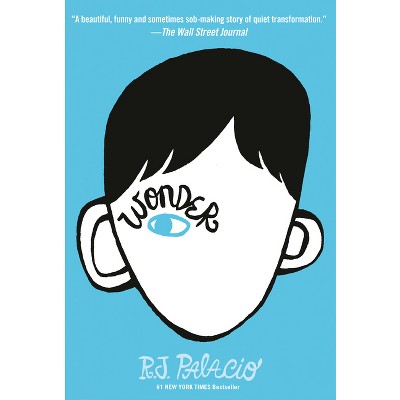
Trending Non-Fiction






